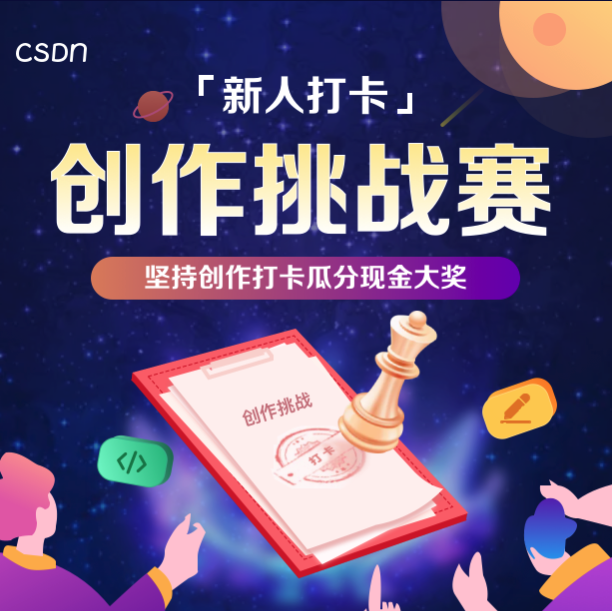一个项目中可能要使用多个计时器,为了应对这种情况,写了一个计时器管理器
单例
public class Singleton<T> where T : new()
{
private static T _instance;
public static T Instance
{
get
{
if (_instance == null)
{
_instance = new T();
}
return _instance;
}
}
}计时器类
using System.Collections;
using System.Collections.Generic;
using UnityEngine;
public class Timer
{
string name;
public Timer(string name)
{
this.name = name;
}
bool isRecording = false;
float startTime;
public void StartRecording()
{
isRecording = true;
startTime = Time.time;
}
public float GetCurrentRecord()
{
if (isRecording)
{
float deltaTime = Time.time - startTime;
return deltaTime;
}
else return 0;
}
public void Reset()
{
isRecording = false;
startTime = 0;
}
}计时器管理器类
using System.Collections;
using System.Collections.Generic;
using UnityEngine;
public class TimerManager : Singleton<TimerManager>
{
Dictionary<string, Timer> dict = new Dictionary<string, Timer>();
void CreateTimer(string timerName)
{
Timer timer = new Timer(timerName);
dict.Add(timerName, timer);
}
public Timer GetTimer(string timerName)
{
if (!dict.ContainsKey(timerName))
CreateTimer(timerName);
return dict[timerName];
}
}使用方法
Timer timer;
void Awake()
{
timer = TimerManager.Instance.GetTimer("Arrow");
}
timer.StartRecording();
timer.GetCurrentRecord();
timer.Reset();